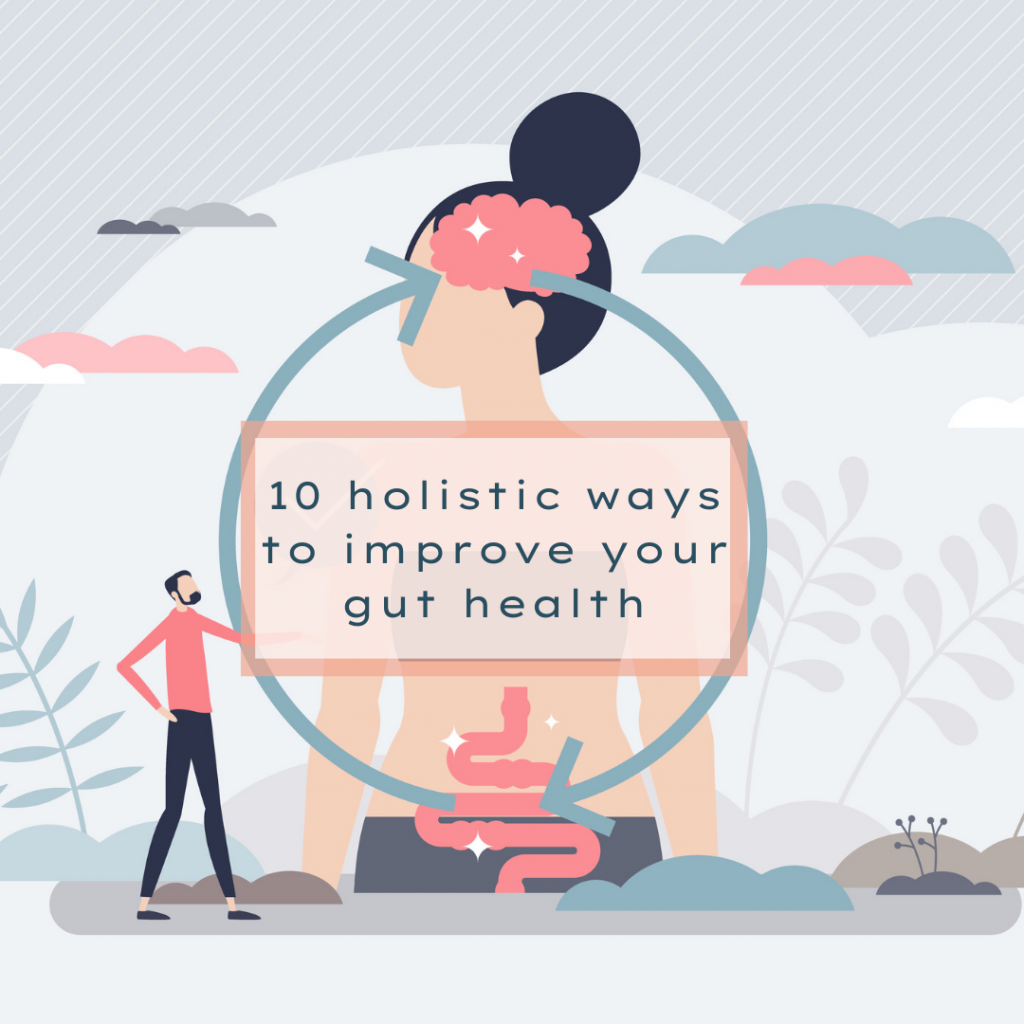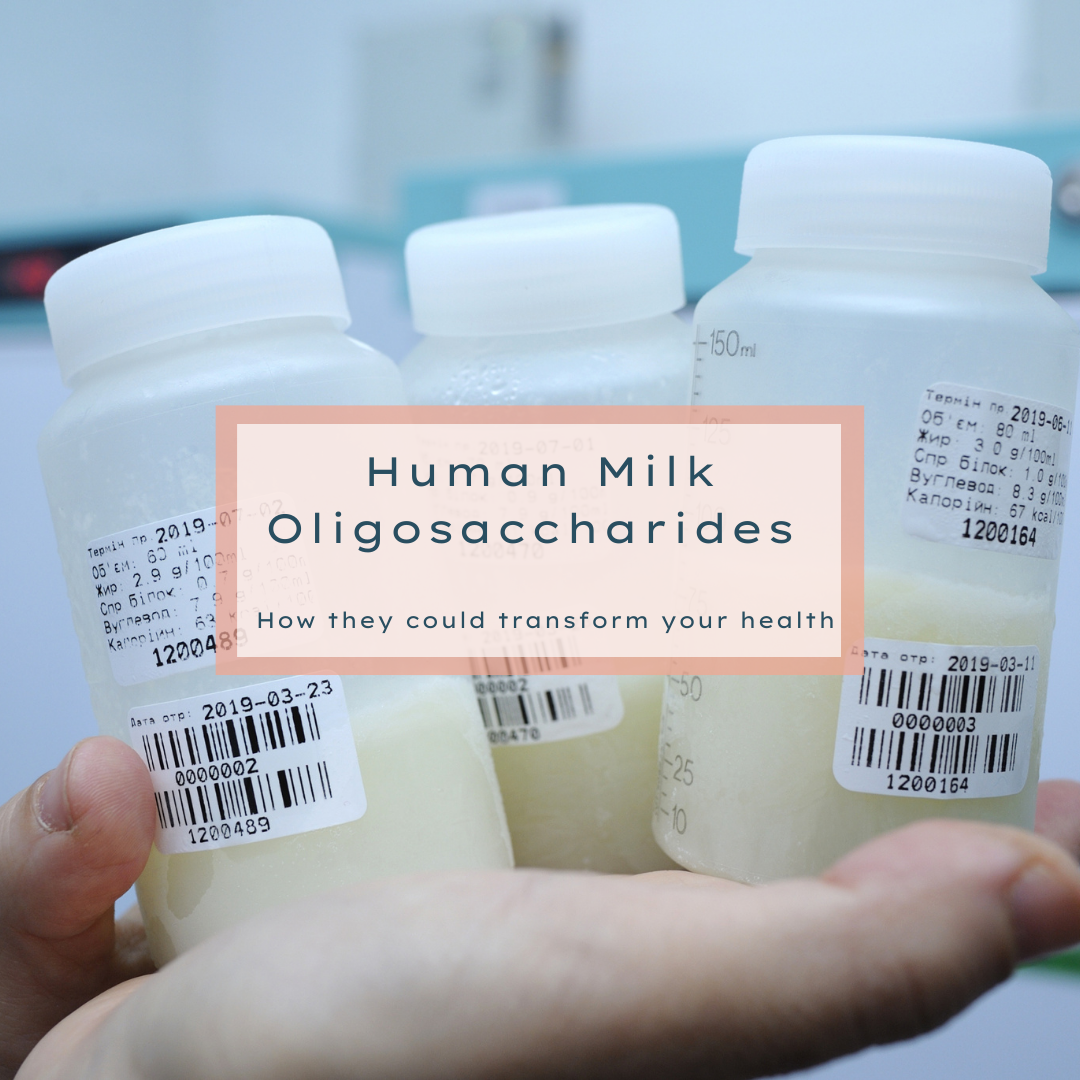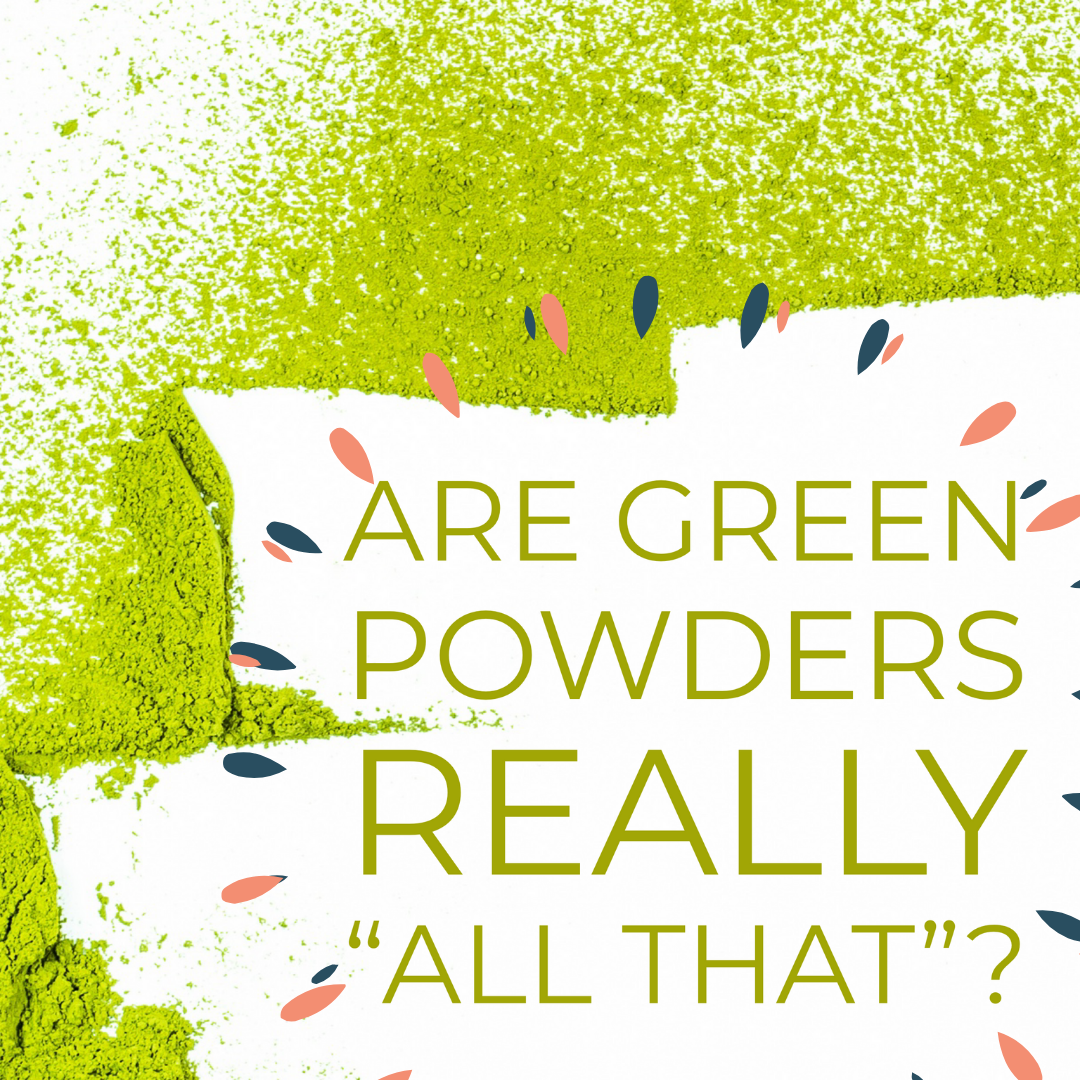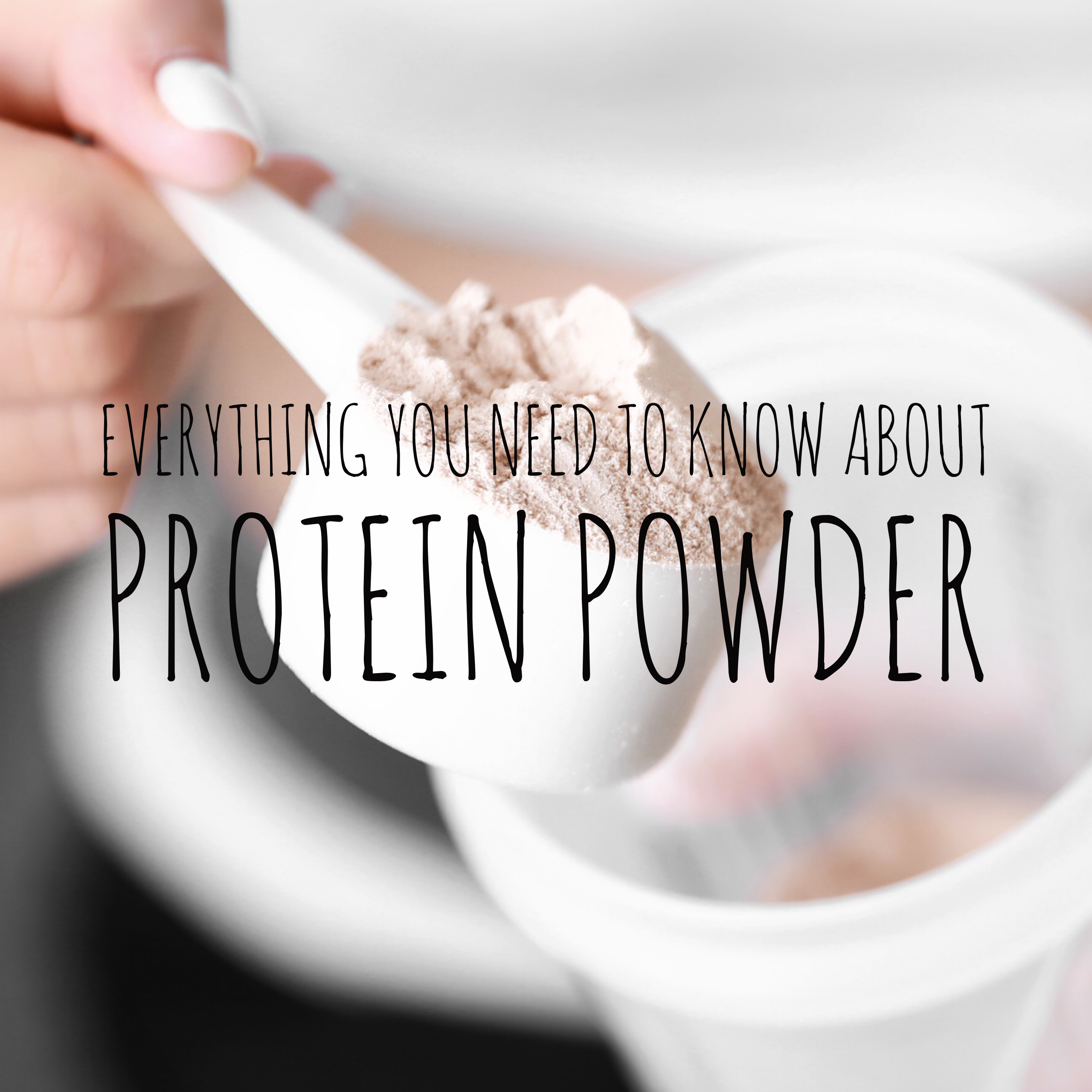It seems like the latest buzzword these days is “gut health,” but have you ever stopped to wonder what exactly gut health is and what the big deal is? Gut health refers to the balance of the gut microbiome and how that affects digestion and overall health.
The microbiome is a collection of microbes (bacteria, viruses, and fungi) that live inside your body. The microbiome directly affects overall health, but especially gut health because the largest collection of these microbes lives in the gut. There is a bi-directional axis between the gut and the brain, known as the brain-gut connection. This is why lifestyle factors, such as diet, sleep, stress, and exercise can directly affect gut health. Healthy meal planning can take the stress out of knowing what to eat and help you achieve good gut health. This article delves into gut health, signs of an unhealthy gut, and tips for how to improve gut health.
Signs of an Unhealthy Gut
There are several signs that may indicate the presence of an unhealthy gut or gut imbalance. A few indicators of an unhealthy gut include:
- Digestion issues, such as upset stomach, bloating, stomach pain, gas, diarrhea, and constipation, can be signs of an unhealthy gut
- Unintentional weight loss may indicate poor nutrient absorption potentially related to digestive conditions or a gut imbalance.
- Mood issues can present when you have gut imbalance. Your mood can be directly affected by an imbalance in your gut microbiome, which in turn affects your gut-brain axis.
- Food intolerances may indicate a gut imbalance, and may be a sign of digestive conditions like irritable bowel syndrome (IBS) or inflammatory bowel diseases like Crohn’s disease or ulcerative colitis.
Consult with your physician or health care provider first if you are concerned about your gut health, or have any of the above symptoms.
What Does the “Holistic Approach” to Gut Health Mean?
Holistic medicine and health practices go beyond treating only the physical symptoms of a problem. A holistic approach addresses the whole person, including the body, mind, emotional health, nutrition, and lifestyle practices. Although it varies, a holistic approach may use both conventional and alternative modalities to promote health.
Rather than just treating the symptoms, a holistic gut health approach aims to solve the core, underlying issues behind those symptoms. In gut health specifically, dysbiosis is sometimes the cause of digestive issues. A holistic gut health approach involves examining how lifestyle impacts the gut microbiome.
How to Improve Gut Health with These 10 Essential Tips
The following sections describe methods for how to improve gut health. While diet has a significant impact on gut health, lifestyle factors such as stress management, good sleep, and regular sleep are just as important. The ten tips below emphasize a holistic gut health approach that will help you optimize your digestion and overall gut health.
-
Adjust your diet
As a dietitian, I have a food-first approach (when possible) when it comes to improving gut health. So of course, changing your diet is the first tip in this guide for how to improve gut health. The food you eat can directly affect your gut microbiome, and can actually change the make-up of your gut bacteria instantly. Increasing the diversity of your gut bacteria can positively impact not just your gut health, but overall health as well.
Here are a few ways to change your diet to improve gut health:
- Increase your intake of plant-based whole foods such as fruits and vegetables, whole grains, beans and legumes, nuts, and seeds
- Eat more prebiotics such as artichokes, bananas, asparagus, apples, leeks
- Try probiotic-rich fermented foods such as kefir, sauerkraut, and kimchi
- Reduce your intake of refined sugars
- Decrease your red meat intake
- Increase your intake of omega-3 fatty acids, such as fatty fish (salmon, mackerel, sardines)
-
Take probiotics
If you’re wondering how to increase good bacteria in your gut naturally, probiotics may be your answer. Probiotics contain live bacteria, often referred to as “good bacteria,” that have a positive effect on the microbiome, gut health, and digestion. Probiotics are present in certain foods, especially in fermented foods, such as:
- Kefir
- Yogurt
- Kimchi
- Sauerkraut
- Kombucha
- Miso
- Natto
- Tempeh
If you’re looking to add a probiotic supplement into the mix, there are many probiotic guides to help you determine which supplement is right for you, however consult with your physician or health care provider before adding probiotics or other supplements to your diet. If you’re ready to start adding one to the mix, check out my favorite!
-
Manage stress
Managing stress is one of the most effective methods for how to improve gut health. Your brain communicates with your gut due to the gut-brain axis, especially when you are stressed. This is why certain digestive conditions, like IBS, can be triggered when a person is significantly stressed or anxious. Stress can worsen feelings of abdominal pain, bloating, and nausea. Stress can also affect your bowel habits, and may even lead to either constipation or diarrhea.
Stress management is an essential holistic gut health approach. Possible ways to reduce stress include:
- At-home yoga
- Meditation
- Breathing exercises
- Getting adequate sleep
- Regular exercise
- Self-care practices, such as reading a book, taking a bath, and relaxing
-
Hydrate your body
People often think about the way food they eat affects their gut health, but proper hydration is usually overlooked as a method for how to improve gut health. Dehydration has a negative impact on your gut health, and may cause constipation, nausea, bloating, stomach ulcers, and acid reflux. These are just a few reasons why proper hydration is a holistic gut health approach. While the most obvious piece of advice to stay hydrated is to drink water, you can also hydrate your body by:
- Eating hydrating foods, such as watermelon, cucumbers, and strawberries
- Avoiding or limiting your intake of alcohol and caffeine
- Infusing water with fresh fruit or herbs to make it more flavorful and hopefully help you drink more of it.
-
Decrease inflammation
Inflammation is a natural response from your body to respond accordingly to injury or infection. However, chronic inflammation is when inflammation lasts for a long time – usually measured in months or years. Chronic inflammation can be caused by a poor diet, sedentary lifestyle, and other lifestyle factors and stressors. Conditions related to chronic inflammation include heart disease, diabetes, cancer, arthritis, and digestive conditions like celiac disease, inflammatory bowel disease (IBD), and IBS.
A holistic gut health dietary pattern can help mitigate inflammation:
- Increase your intake of omega-3 fatty acids (salmon, mackerel, walnuts, chia seeds).
- Reduce omega-6 fatty acid intake (soybean oil, corn oil).
- Manage blood sugars by replacing refined grains and sugars with high-fiber whole grains, fruits, and vegetables.
- Eat foods that support a healthy immune system.
- Consume foods high in antioxidants, such as blueberries, raspberries, strawberries, oranges, leafy greens, artichokes, beets, dark chocolate, and walnuts.
If you’re like me, and don’t really care for fish, invest in a GOOD omega 3 supplement! This is one that I personally take & recommend to all of my clients.
-
Reduce or eliminate alcohol intake
Tips for how to improve gut health wouldn’t be complete without advising you to reduce or eliminate alcohol intake. Excessive alcohol consumption can prevent your body from producing digestive enzymes that help your body break down and digest the nutrients in food properly. Excessive and chronic alcohol intake can also promote gut inflammation and dysbiosis, or an imbalance in the gut microbiome.
These are just a few reasons that reducing alcohol intake is a recommended action for how to improve gut health.
-
Get plenty of exercise
Regular exercise is a holistic gut health approach and a helpful method for how to increase good bacteria in your gut naturally. Exercising has a slew of health benefits, including heart disease and cancer risk reduction, blood sugar and insulin regulation, improved mood and mental health, better sleep, stronger bones and muscles, and better gut health.
Studies have shown that exercise can modify the gut microbiota and increase the diversity of bacteria in the gut, which has numerous health benefits for the entire body. Fitting exercise into your day can be challenging, but is usually easier to do when it’s something you actually enjoy, whether that’s a HIIT workout or yoga.
-
Stop smoking
An essential tip for how to improve gut health is to stop smoking if you currently smoke. Smoking has a detrimental effect on the digestive system in various ways. Smoking increases the risk of inflammatory bowel disease (IBD), specifically Crohn’s disease. Smoking increases the likelihood of having heartburn or developing peptic ulcers, and makes it more difficult to treat both of these conditions. Smoking is also a risk factor for digestive system-related cancers, such as esophagus, stomach, pancreas, and colon cancer.
If you smoke, quitting smoking will improve your overall gut health. Speak with your physician or health care professional if you need assistance with smoking cessation.
-
Chew food completely
A holistic gut health solution that is often overlooked is something as simple as chewing food completely. The digestive process begins as soon as you start chewing. Chewing food breaks large particles down into smaller particles, and the more you chew, the more the food particles are broken down, making them easier to digest. Chewing also releases saliva, which contains digestive enzymes that help break down food even more, aiding the process of digestion.
A method for how to improve gut health is to chew your food thoroughly – whether that means chewing your food 32 times as some experts suggest, or whatever number of chews is actually needed for the food you’re eating.
-
Get plenty of sleep
If you’re wondering how to increase good bacteria in your gut naturally, aim for 7-8 hours of sleep nightly. It is no surprise that sleep affects your health. If you have ever had a bad night of sleep, you have likely felt the direct effects related to a lack of sleep: fatigue, moodiness, worsened memory and concentration, and unbalanced hormones. But poor sleep can also affect your gut health.
A recent 2019 study found that those who slept more had a more diverse gut microbiome. Why is this important? Having a diverse microbiome has a positive effect on overall health. So, the next time you’re tempted to forgo that much-needed extra hour of sleep to stay up late watching reruns of your favorite show, think again, and your microbiome will thank you.
The Takeaway
Gut health can impact digestion, mental health, and overall health. A holistic gut health approach is an essential method for how to improve gut health. This includes implementing lifestyle factors such as smoking cessation, reducing alcohol intake, getting adequate sleep, and exercising regularly. Another way to positively impact the health of your gut is through a healthy diet, which is why a clean eating meal plan can help you achieve improved gut health.
If you’d like to listen in to this episode, tune into the Bites Radio podcast above. If you’d like to keep up to date on all the latest, comment or join the conversation, be sure to head over to the bites radio Facebook page, or follow me on Instagram! And lastly, if you liked todays blog post or previous posts, be sure to subscribe to the Bites Radio podcast for weekly bites of nutrition knowledge!






Very good post. I absolutely appreciate this website. Stick with it!
These guys had a great arc
I absolutely agree with you. I like your idea. I suggest putting it up for general discussion.
Reading your article has greatly helped me, and I agree with you. But I still have some questions. Can you help me? I will pay attention to your answer. thank you.
Your article helped me a lot, is there any more related content? Thanks!
Thanks for sharing. I read many of your blog posts, cool, your blog is very good.
Thank you for your sharing. I am worried that I lack creative ideas. It is your article that makes me full of hope. Thank you. But, I have a question, can you help me?
Your article helped me a lot, is there any more related content? Thanks!
Thanks for sharing. I read many of your blog posts, cool, your blog is very good.
Your article helped me a lot, is there any more related content? Thanks!
Your article helped me a lot, is there any more related content? Thanks!
Thanks for sharing. I read many of your blog posts, cool, your blog is very good.
Thank you very much for sharing, I learned a lot from your article. Very cool. Thanks.
Your point of view caught my eye and was very interesting. Thanks. I have a question for you.
Thank you for your sharing. I am worried that I lack creative ideas. It is your article that makes me full of hope. Thank you. But, I have a question, can you help me?
Your point of view caught my eye and was very interesting. Thanks. I have a question for you.
Excellent post with lots of actionable advice! This article is a treasure trove of information! I appreciate the detailed information shared here. The content in this blog is truly eye-opening. I appreciate the detailed information shared here. I can’t wait to implement some of these ideas. This blog stands out among others in this niche.
Your point of view caught my eye and was very interesting. Thanks. I have a question for you.
The AI Tools Directory is expertly organized. This AI Tools Directory ensures progress.
Your article helped me a lot, is there any more related content? Thanks!
Your point of view caught my eye and was very interesting. Thanks. I have a question for you.
Your point of view caught my eye and was very interesting. Thanks. I have a question for you.
Thank you for your sharing. I am worried that I lack creative ideas. It is your article that makes me full of hope. Thank you. But, I have a question, can you help me?
Your point of view caught my eye and was very interesting. Thanks. I have a question for you.
Thanks for sharing. I read many of your blog posts, cool, your blog is very good.
Thanks for sharing. I read many of your blog posts, cool, your blog is very good.
Your article helped me a lot, is there any more related content? Thanks!
Your article helped me a lot, is there any more related content? Thanks!
Thank you for your sharing. I am worried that I lack creative ideas. It is your article that makes me full of hope. Thank you. But, I have a question, can you help me?
Thank you for your sharing. I am worried that I lack creative ideas. It is your article that makes me full of hope. Thank you. But, I have a question, can you help me?
Thank you very much for sharing, I learned a lot from your article. Very cool. Thanks.
Your article helped me a lot, is there any more related content? Thanks!
Your point of view caught my eye and was very interesting. Thanks. I have a question for you.
Thank you very much for sharing, I learned a lot from your article. Very cool. Thanks.
Thank you for your sharing. I am worried that I lack creative ideas. It is your article that makes me full of hope. Thank you. But, I have a question, can you help me?